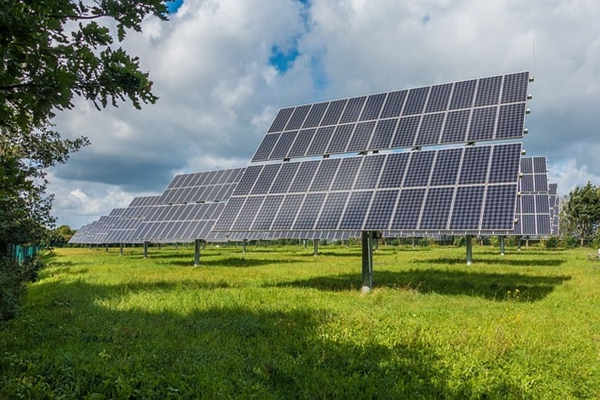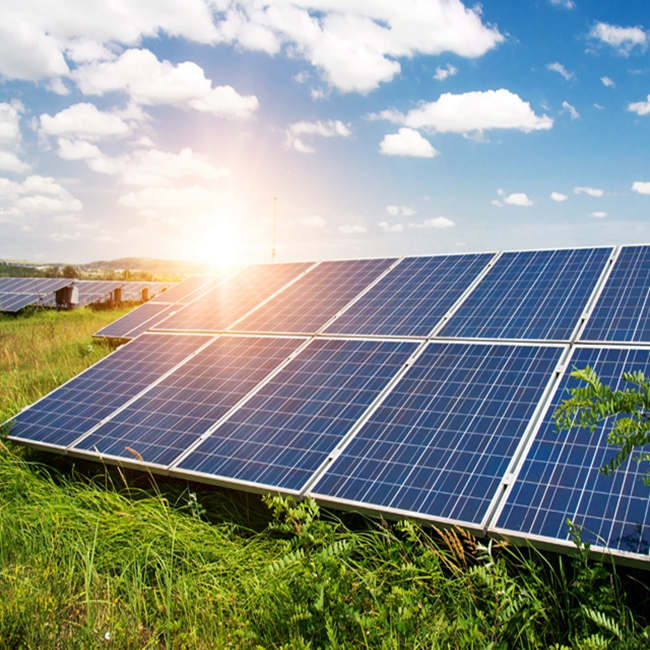Solar Photovoltaic (PV) systems have grown in popularity due to their increasing efficiency, affordability, and environmental benefits. One of the key decisions that customers have to make is whether to install roof-mounted PV systems or ground-mounted PV systems. Each system has its advantages and disadvantages, which we'll explore in this blog.

Roof Mounting PV Systems
Roof-mounted PV systems are increasingly popular because they can utilize the otherwise unused space on the rooftop of a building. Here are some of the pros and cons of roof-mounted PV systems:
Advantages of Roof-Mounted PV Systems:
-
Utilize unused space: Roof-mounted systems require no additional space, allowing you to fully utilize unused space.
-
Reduced Installation Cost: As they utilize pre-existing roof structures, installation costs of roof-mounted systems are generally lower than ground-mounted systems.
-
Better Security: Solar panels on the roof are harder to access than those installed on ground level.
-
Reduced Damage: Roof-mounted systems are less prone to damage caused by vehicles or accidental contact.

Disadvantages of Roof-Mounted PV Systems:
-
Limited Capacity: Roof-mounted systems are limited by the surface area of your roof. Hence, they may not be suitable if you require a larger capacity system.
-
Installation Challenges: Installation on a roof can pose an increased risk for installers, especially when adjustments are required or installation is on an angled surface.
-
Reduced Efficiency: Roof-mounted systems may be less efficient than ground-mounted systems as the angle and direction of the roof may not be optimal for PV generation.
-
Roof Replacement: If you need to replace the roof the PV system will need to be removed and re-installed, adding to the overall cost of ownership.

Ground Solar Mounting Systems
Ground-mounted PV systems are designed to be installed on the ground, typically in a dedicated space. Here are some of the pros and cons of ground-mounted PV systems:
Advantages of Ground-Mounted PV Systems:
-
High Capacity: Ground-mounted systems can often accommodate higher capacity systems as they do not have the same surface area limitations as a roof-mounted system.
-
Optimal Installation: Ground-mounted systems can be installed at an optimal angle and direction, making them more efficient than roof-mounted systems.
-
Easier Maintenance: Ground-mounted systems are easier to access, making maintenance and cleaning straightforward.
-
Better Longevity: Ground-mounted systems can last longer and with less damage than roof-mounted systems in harsh weather conditions.
Disadvantages of Ground-Mounted PV Systems:
-
Space Requirements: Ground-mounted systems require a dedicated open space, such a field, to be installed.
-
Increased Cost: As they require additional components in their installation, ground-mounted systems are generally more expensive than roof-mounted systems.
-
Light Pollution: As ground-mounted systems typically use elevated frames, they may contribute to light pollution.

Conclusion:
In summary, both roof-mounted and ground-mounted PV systems have their advantages and disadvantages. The choice between these two options will depend on factors such as the size of the system needed, available space, location, and cost considerations. At the end of the day, a professional solar installers can guide you in selecting the best PV system for your unique circumstances.



